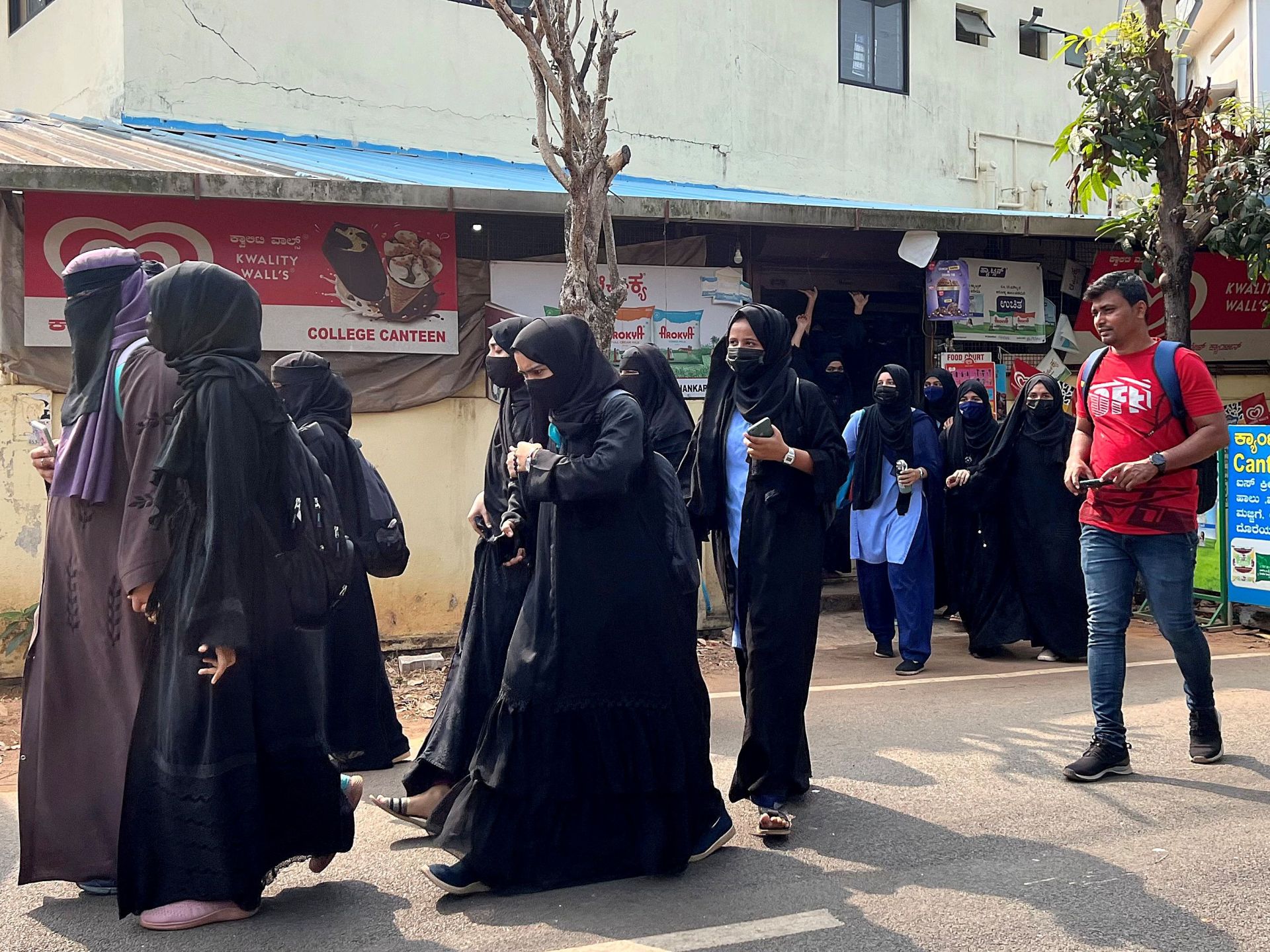Indian officials announced on Tuesday the release of 11 Hindus sentenced to life imprisonment for the gang rape of a pregnant Muslim woman, during sectarian unrest that led to a major massacre against Muslims in 2002, which was condemned by the victim's husband, lawyers and politicians.
The men were convicted in early 2008 and released from a prison in Panchmahal in the western state of Gujarat on Monday as India celebrated the 75th anniversary of the end of British rule.
Gujarat massacre
The violence in Gujarat - one of the worst religious riots in India - has killed more than a thousand people, most of them Muslims, and displaced tens of thousands of Muslims, and those disturbances erupted after a fire broke out on a train carrying Hindu visitors, which claimed the lives of 60 of them.
The current Indian Prime Minister Narendra Modi was the Chief Minister of Gujarat at the time.
His Hindu nationalist Bharatiya Janata Party (BJP) is still the ruling party.
Sujal Jayantibhai Mayatra, chief administrative officer of Panchmahal, told Reuters that the prison advisory committee had recommended this release after considering the length of time the 11 defendants had spent and their good behavior in prison.
"The truth is that they have spent nearly 15 years in prison and are eligible for pardon," he added.
Officials said Indian laws allow those convicted of crimes to seek pardon after 14 years in prison.
Media footage showed a man feeding convicts candy outside the prison after he touched someone's foot, as a sign of appreciation and respect.
Muslim family frustration
The victim's husband told Reuters that they were disappointed, knowing that the same family had killed many of its members during the riots.
"We lost our family and we want to live in peace, but suddenly this happened.. We had no prior information about their release, either from the courts or the government, we only knew about this through the media," said Yaqoub Rasoul.
Opposition politicians and lawyers said the release went against the government's stated policy for the advancement of women in a country notorious for its violence.
"Reducing the sentence for those convicted of a horrific crime such as gang rape and murder is morally improper," said lawyer Anand Yagnik.
"What signal are we trying to send?" he asked.

